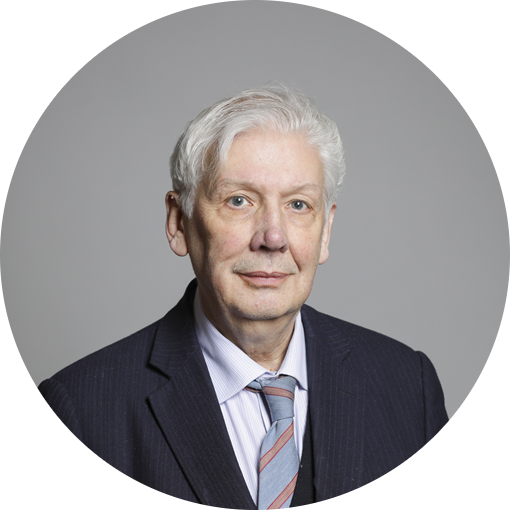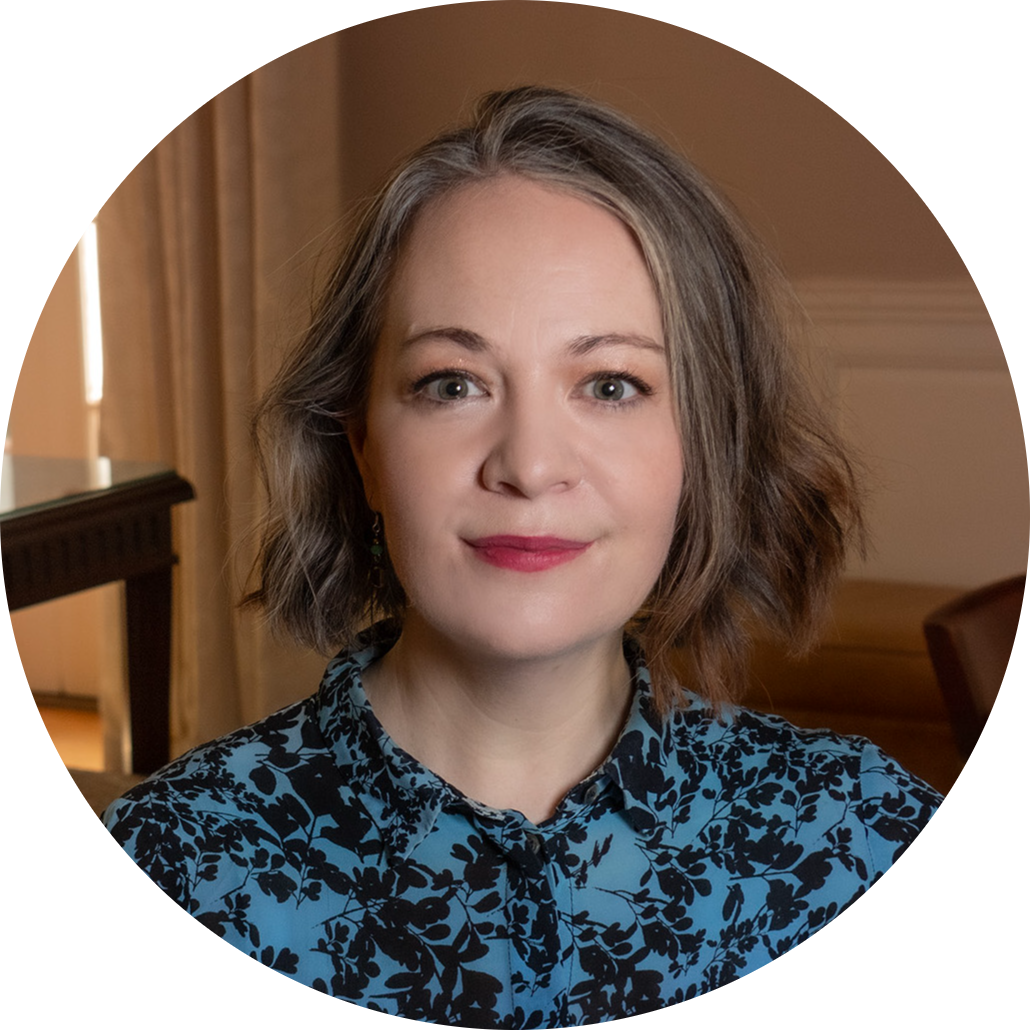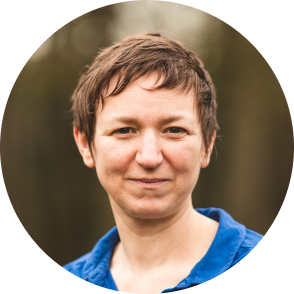An expert advisory panel has been established to provided independence advice, guidance and oversight of the historians writing the History of UK Government policy towards Northern Ireland during the Troubles.
Chaired by Lord Bew and Dr Caoimhe Nic Dháibhéid, its membership represents a range of expertise and historical perspectives and is listed below. The panel’s primary function is to ensure the accuracy, objectivity, and comprehensiveness of the history.
Expert Advisory Panel – Minutes of Meetings.
View the Expert Advisory Panel’s Terms of Reference.
Contact the panel
The panel is eager to engage with as broad a constituency as possible during the course of this project. If you are interested in being involved, or sharing your views, please do not hesitate to reach out.
Professor Lord Bew MRIA – Emeritus Professor, Queen’s University Belfast (Panel Chair)

Professor Lord Bew was educated at Pembroke College, Cambridge for both his MA (1971) and PhD (1974), and of which he is an Honorary Fellow. Emeritus Professor of Politics at Queen’s University Belfast and independent Crossbench Peer in the House of Lords since 2012, Lord Bew chaired the Committee on Standards in Public Life from 2013–18, and in 2015 co-chaired Parliament’s Committee to commemorate the signing of Magna Carta. He is currently Chair of the House of Lords Appointments Commission. Author of recent publications Churchill and Ireland (2016), The Making and Remaking of the Good Friday Agreement (2007) and Ireland: The Politics of Enmity 1789–2006 volume of which forms part of the Oxford History of Modern Europe series (2007), Lord Bew is also a biographer of John Redmond, Sean Lemass and Charles Stewart Parnell. Lord Bew is a member of the Royal Irish Academy, member of the British Irish Parliamentary Assembly and former President of the Irish Association. He was also an historical advisor to the Bloody Sunday Tribunal.
Professor Caoimhe Nic Dháibhéid, University of Sheffield (Panel Chair)

Professor Caoimhe Nic Dháibhéid is Professor of Irish History at the University of Sheffield. She is a graduate of University College Cork and Queen’s University Belfast, and previously held academic posts at Queen’s University Belfast, Fitzwilliam College Cambridge and the University of St Andrews. Her main research focuses on the period of the Irish Revolution and the broader history of political violence, and she is currently working on the history of emotions during the revolutionary period. She is the author of two books, Seán MacBride: A Republican Life (2011) and Terrorist Histories (2016), as well as a number of articles and book chapters on the revolutionary period and Irish history more broadly.
Professor Richard Bourke, University of Cambridge

Richard Bourke took his first degree at University College Dublin and completed his PhD at the University of Cambridge. He gained a second BA in Classics at Birkbeck College, University of London. He held his first academic post in Dublin, before moving to Queen Mary University of London, where he became Professor in the School of History in 2012. He was elected to the Chair in the History of Political Thought at Cambridge in 2018. In 2022 he was awarded an honorary degree of Doctor of Arts by University College Dublin. He previously co-directed the AHRC-funded project on Popular Sovereignty in Historical Perspective as well as the History in the Humanities and Social Sciences Network, also funded by the AHRC. His work has attracted various accolades and awards, including as joint winner of the István Hont Memorial Book Prize in Intellectual History in 2016. His research has been funded by the Humboldt Stiftung and the DAAD and he has held a number of Fellowships in Europe and the United States, including at the Wissenschaftskolleg zu Berlin, the Free University in Berlin and the University of Munich, as well as at the Huntington, Beinecke, William Andrews Clark and John Carter Brown Libraries. He was elected a Fellow of the British Academy in 2018.
Professor Ian McBride, University of Oxford

Ian McBride is Foster Professor of Irish History at the University of Oxford and a Fellow of Hertford College. He was educated at Oxford and UCL, and spent three years as a research fellow at Corpus Christi College, Cambridge. Before taking up his current post he was Professor of Irish and British history at King’s College London. Professor McBride’s research interests include the history of modern Ireland, intellectual history, the role of memory and commemoration in Ireland, the history of the British Isles in the Long 18th Century and the history of Northern Ireland since 1920. Among other research projects, he is currently completing a book on the origins of the Northern Ireland Peace Process.
Professor Henry Patterson, Emeritus Professor, University of Ulster

Henry Patterson is Emeritus Professor of Irish Politics at Ulster University. His research interests include British government policies towards Northern Ireland since the 1960s, political and ideological conflict over the legacy of the Troubles and Ulster unionism and the protestant working class since the 1880s. His publications include The State in Northern Ireland Political Forces and Social Classes (1979); Class Conflict and Sectarianism (1980); The Politics of Illusion: Republicanism and Socialism in Modern Ireland (1989); Ireland since 1939 (2002); Unionism and Orangeism in Northern Ireland since 1945 (2007) and Ireland’s Violent Frontier The Border and Anglo-Irish Relations during the Troubles (2016).
Professor Helen Parr, Keele University

Helen Parr joined Keele in 2004. She previously taught in the International History Department at LSE. She studied History at Clare College, Cambridge, and Contemporary British History at Queen Mary College, University of London. Her research interests are in the field of contemporary British political and social history. She has worked on Britain’s relations with the EC/EU, the Labour Party and European integration, Britain’s Cold War and nuclear weapons policies and British-French relations. Her most recent work was a social and cultural history of the Parachute Regiment and the 1982 Falklands War, Our Boys: The Story of a Paratrooper (Allen Lane, 2018). Our Boys won the Templer Medal Book Prize, the Duke of Wellington Medal for Military History, the Longman-History Today Book Prize and was Longlisted for the Orwell Prize for Political Writing.